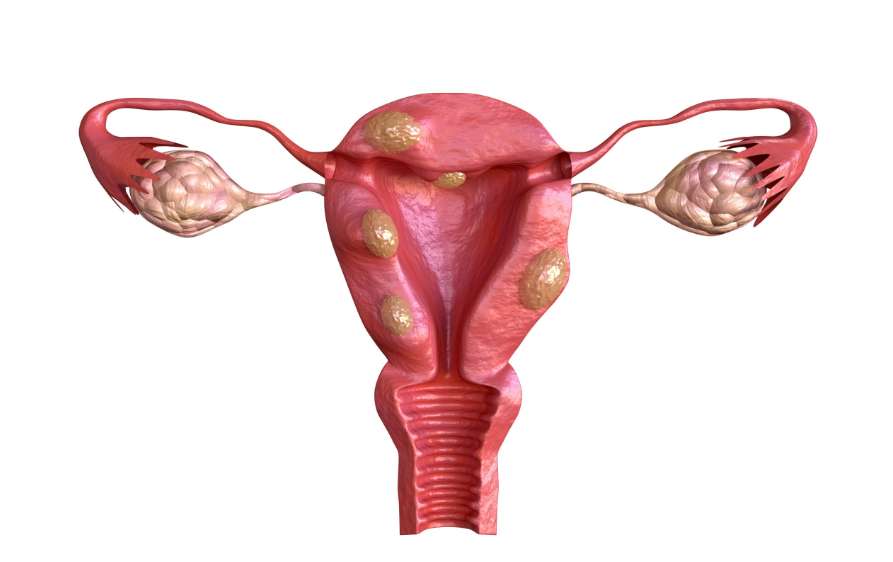Uterine fibroids are non-cancerous growths that can cause discomfort and various health issues for many women. Despite their prevalence, misconceptions surrounding fibroid treatment often lead to confusion and anxiety. Here, we debunk the top five myths about fibroid treatment to provide clarity and help women make informed decisions.
Myth 1: All Fibroids Need to Be Treated
Many women believe that if they have fibroids, treatment is necessary. However, not all fibroids cause symptoms or health complications. Many women live with fibroids without ever needing intervention. Treatment is typically recommended only when fibroids lead to significant symptoms like heavy bleeding, pain, or fertility issues.
Myth 2: Surgery is the Only Option
A common misconception is that surgical intervention is the sole solution for fibroids. While uterine fibroid removal is a viable option, various non-invasive treatments are available, such as medication to manage symptoms or procedures like uterine artery embolisation. These alternatives can be effective and may be preferable for women seeking to avoid surgery.
Myth 3: Fibroids Always Grow Back After Treatment
Many women fear that fibroids will always return after treatment. While it’s true that some fibroids may recur, especially if not all of them are removed, this is not a universal outcome. Factors such as the type of treatment, the size of the fibroids, and individual health conditions play a significant role in recurrence. In many cases, treatment successfully alleviates symptoms for years.
Myth 4: Fibroids Are Only a Concern for Older Women
Another prevalent myth is that only older women experience fibroids. In reality, fibroids can develop at any age, including in younger women and those in their 20s or 30s. Awareness of fibroids and their symptoms is crucial for women of all ages, as early detection can lead to more effective management.
Myth 5: Diet and Lifestyle Have No Impact on Fibroids
Many believe that diet and lifestyle choices do not affect fibroid growth or treatment outcomes. However, research suggests that maintaining a healthy weight, exercising regularly, and following a balanced diet may influence fibroid development and overall reproductive health. Women can support their treatment and general well-being through positive lifestyle changes.
Understanding the realities of fibroid treatment can empower women to make informed choices about their health. By debunking these myths, women can feel more confident in navigating their options and seeking appropriate care.

